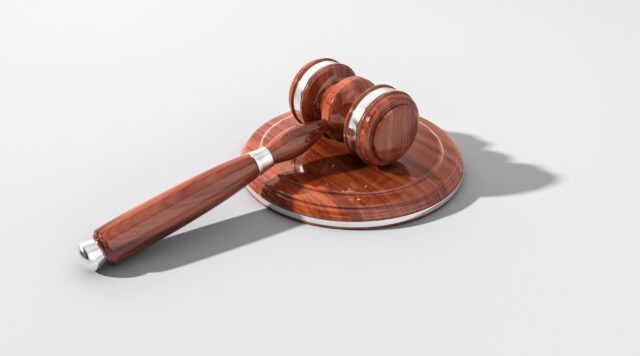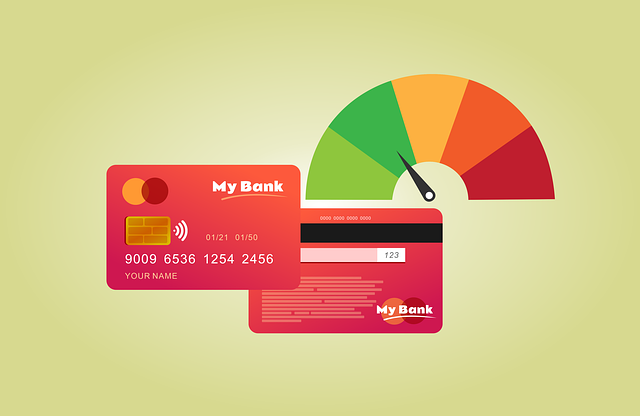Obtaining a loan when your credit score is low can be incredibly difficult. However, you may be able to find a co-signer to assist you in receiving a loan. However, it is imperative to understand that if you decide to file for bankruptcy, this can impact your co-signer as well. As such, it is critical to understand what will happen to someone who may choose to help you procure a loan, and the importance of working with Franklin County bankruptcy lawyers to guide you through this process.
What Are Co-Signers?
Co-signers are individuals, often friends or family members, in good credit standing who will sign a loan with someone in order to help them obtain a loan. For example, if your credit is too low to be approved for an auto loan, you may ask your father to co-sign the loan, as this can help ensure you are approved.
Often, this is a great way for those with poor credit to improve their standing. However, it comes with significant risks to the co-signer. If the primary signer is late on a payment, it can not only negatively reflect on their credit, but also on the credit of the co-signer, thus impacting their ability to obtain loans.
How Will Bankruptcy Impact These Individuals?
If someone co-signs a loan for you and you then file for bankruptcy, they will face consequences as well. Just as your co-signer can be held liable if you miss a payment, filing for bankruptcy will also reflect negatively on them. However, the severity of the impact will depend on the type of Chapter you decide to file.
If you decide to file Chapter 7, creditors will be unable to contact you for the funds you owe, as you will be protected by an automatic stay. This essentially halts all collection efforts while your bankruptcy case is ongoing, but this protection does not extend to your co-signers. As such, they can be contacted, sued, and foreclosed upon in relation to your debts. However, if you are current on your payments, you’ll find that you can sign a reaffirmation agreement, which will prevent a creditor from pursuing your co-signer, as you are essentially re-agreeing to be held liable for the debts.
During Chapter 13 bankruptcy, the co-signer will receive slightly more protections, as the automatic stay will extend to them. As you navigate your three to five-year repayment plan, you’ll find that you’ll have time to catch up on your payments, thus helping to protect your co-signer.
You should also note that if you are eligible for and receive a bankruptcy discharge, this does not extend to your co-signer. As such, though you may no longer be liable for the debt, the creditors can pursue your co-signer for the outstanding funds.
Bankruptcy is a complicated process, especially when you have a co-signer. That is why working with an experienced attorney with Cousino & Weinzimmer LLC is in your best interest. We understand how difficult these matters can be, so we are committed to helping you. Connect with us today to learn more.




